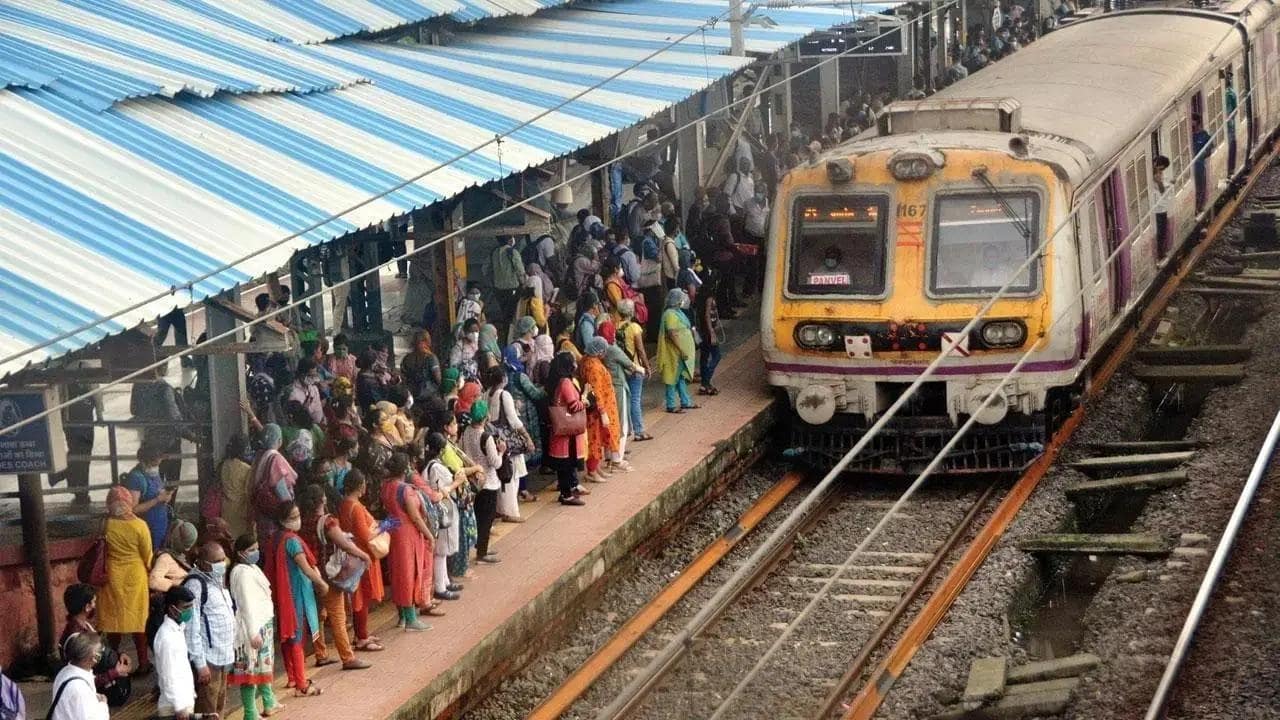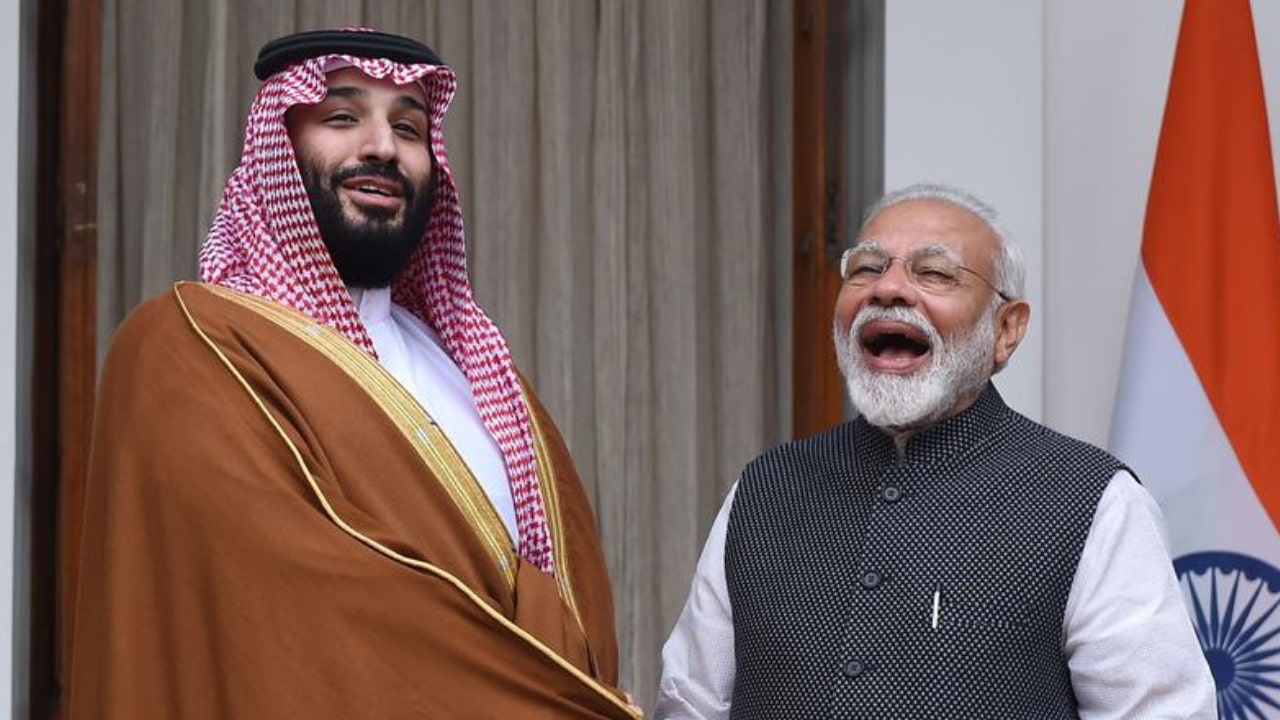On Saturday, over 100 farmers in Maharashtra’s Latur district claimed that the Waqf Board was trying to seize their land, which they had been cultivating for generations.
They said the claim has been filed with the Maharashtra State Waqf Tribunal in Chhatrapati Sambhaji Nagar, and notices have been issued to 103 farmers who own 300 acres of land.
“We have inherited these lands for generations. These are not Waqf properties. We want the Maharashtra government to give us justice. The matter has been heard twice in the court, and the next hearing will be on December 20,” Tukaram Kanavate, one of the farmers, told PTI.
The Centre introduced the Waqf (Amendment) Bill in the Lok Sabha on August 8 this year to streamline the Waqf Board’s functioning and ensure efficient property management. The Bill has been referred to the Joint Parliamentary Committee (JPC).
What Is The Meaning Of Waqf?
Waqf refers to properties dedicated to religious or charitable purposes under Islamic law. Waqf is derived from the Arabic word Waqufa, which means to stay. Waqf means to dedicate trust property for public welfare. In Islam, it is a kind of charitable arrangement. Waqf is the property that the followers of Islam donate. It can be both movable and immovable. This wealth comes under the Waqf Board.
How Is A Waqf Board Formed and Works
Waqf has a lot of property that can be adequately maintained and used for charity; there are many bodies, from local to large, called Waqf Board. There are Sunni and Shia Waqfs in almost every state. Their job is to care for that property and use its income properly. This property includes helping the poor and needy, maintaining a mosque or other religious institution, arranging education and giving money for other religious works.
The Center has formed the Central Waqf Council to coordinate with the Waqf Boards. The website of the Central Waqf Council, which comes under the Ministry of Minority Affairs, states that there are currently 32 Waqf Boards in the country. At the same time, some states like Bihar and Uttar Pradesh have separate boards for both Sunni and Shia. In contrast, there is no Waqf Board in many states and union territories.









